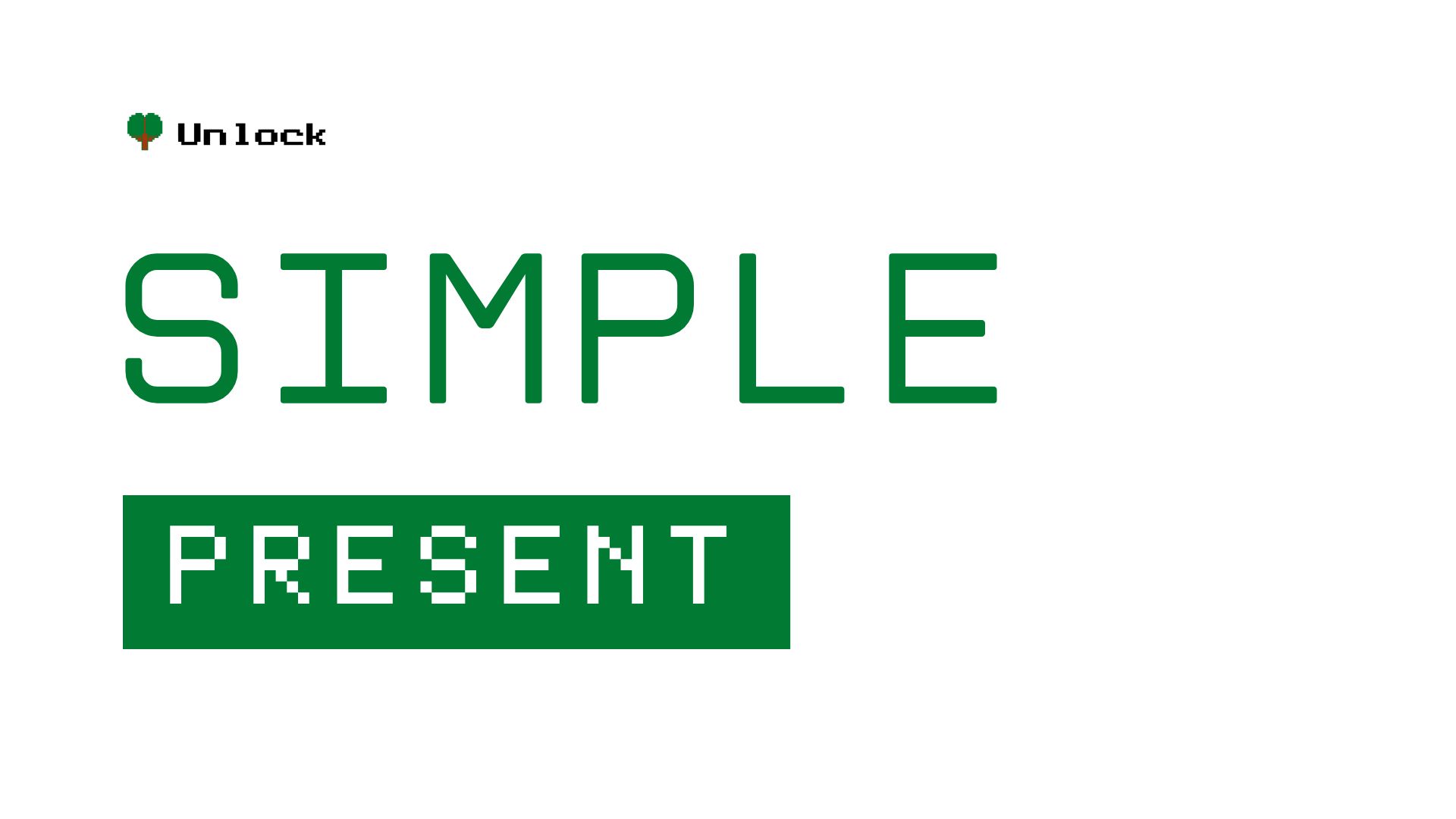January 20, 2026

Understand Simple Present
The Present Simple tense is one of the most commonly used tenses in English. It is used to describe actions, facts, and situations that are habitual, general truths, or permanent.
When to Use the Present Simple
1. Habits or Repeated Actions
- To talk about things that happen regularly or repeatedly.
- Common time expressions: always, often, usually, sometimes, every day/week/month, etc.
- Examples:
- I go to the gym every morning.
- She always drinks coffee in the morning.
- They play soccer on Saturdays.
2. General Truths or Facts
- To state facts or things that are always true.
- Examples:
- The sun rises in the east.
- Water boils at 100 degrees Celsius.
- Cats sleep a lot during the day.
3. Permanent Situations
- To describe situations that are generally true for a long period of time.
- Examples:
- He lives in New York.
- She works as a teacher.
- We study at this university.
4. Schedules or Timetables
- To talk about events that are part of a fixed schedule (e.g., transportation, events).
- Examples:
- The train leaves at 8:00 AM.
- The movie starts at 7 PM.
- School finishes at 3 PM.
How to Form the Simple Present
.png)
1. Positive Sentences
- For most verbs: Use the base form of the verb (infinitive without "to").
- Add "-s" or "-es" for third-person singular (he, she, it).
- Structure: Subject + Base Verb (+ s/es for he/she/it)
- Examples:
- I work in an office.
- She works in an office. (Add "s")
- They play football every weekend.
2. Negative Sentences
- Use "do not" (don’t) or "does not" (doesn’t) + base verb.
- Structure: Subject + do/does + not + Base Verb
- Examples:
- I don’t like coffee.
- He doesn’t watch TV often.
3. Questions
- Use "Do" or "Does" at the beginning of the sentence + subject + base verb.
- Structure: Do/Does + Subject + Base Verb?
- Examples:
- Do you speak English?
- Does she live near here?
Key Rules
- Add "-es" for verbs ending in -sh, -ch, -ss, -x, or -o in third-person singular:
- Examples: He watches TV. She goes to school.
- For verbs ending in consonant + y, change y to -ies:
- Examples: He studies hard. She tries her best.
- For verbs ending in vowel + y, just add "-s":
- Examples: He plays football. She says hello.
Common Time Expressions for Present Simple
- Always
- Usually
- Often
- Sometimes
- Rarely
- Never
- Every day/week/month/year
The Present Simple is essential for expressing daily routines and universal truths, making it a foundational tense in English! If you want to practice more examples or have questions about specific rules, feel free to ask! 😊
TO BE CONTINUED...
How to Form Sentences with "Be" in the Present Simple
.png)




.jpg)

